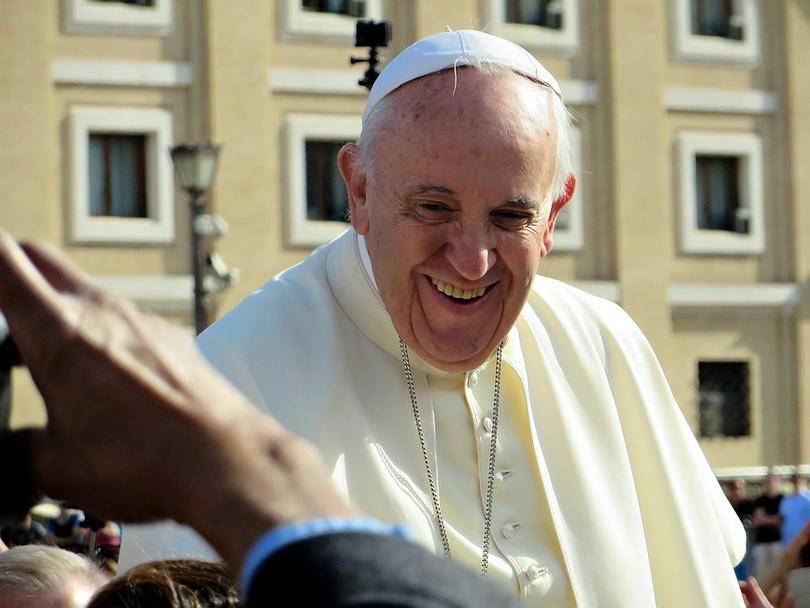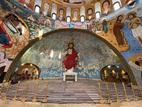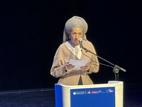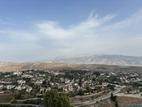On Sunday, Pope Francis officially declared two of the most contentious Roman Catholic figures of the 20th century as saints: murdered Salvadorian Archbishop Oscar Romero and Pope Paul VI.
In the ceremony held before the thousands who gathered at St. Peter's Square, Pope Francis declared them saints alongside five other people born during the 18th and 19th century.
Romero and Paul VI had made a huge impact in Christian history during their day and their road to sainthood was not smooth due to the opposing forces within the church who were against their sainthood and the fact their lives have been controversial. However, Pope Francis had speeded up the process for their sainthood when he took office.
Romero was known for being vocal about his stance on repression and poverty, as well as the violence done by the military and the paramilitary against civilians. Romero was murdered while he was conducting mass in a hospital chapel in San Salvador on March 24, 1980 by members of the right-wing ARENA party. His death had led the world to oppose the brewing conflict between the US-backed army and the guerrillas in El Salvador.
Pope Paul VI, meanwhile, had been the pope during the Church's most turbulent eras after the Second Vatican Council and implemented its changes. He was also the one who strengthened the church's opposition to contraception through his 1968 encyclical Humanae Vitae (On Human Life).
In his homily, Pope Francis called Pope Paul "a prophet of an extroverted Church" who opened it up to the world and he also praised Romero for disregarding his own life "to be close to the poor and to his people."








